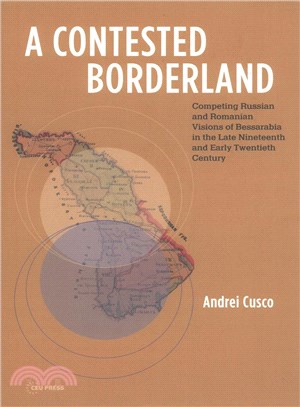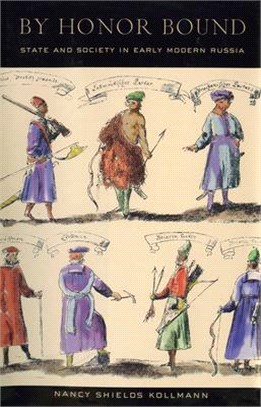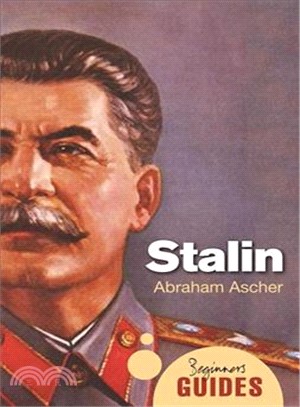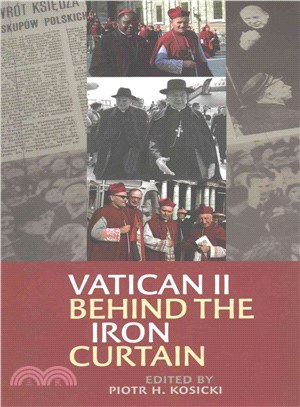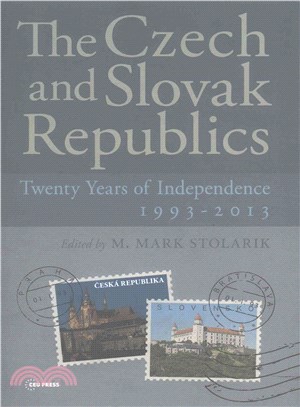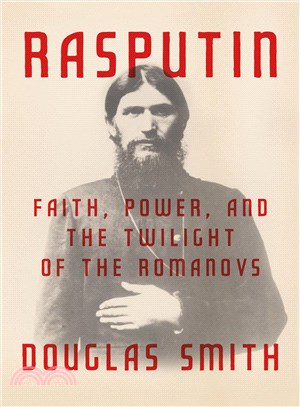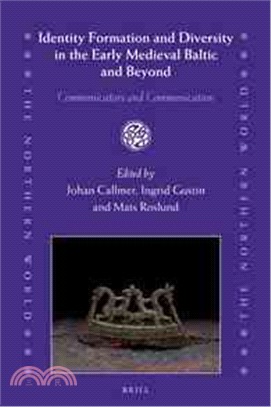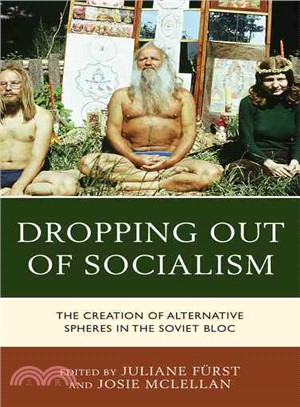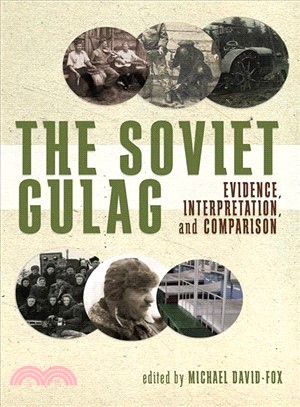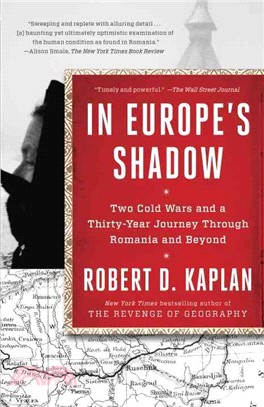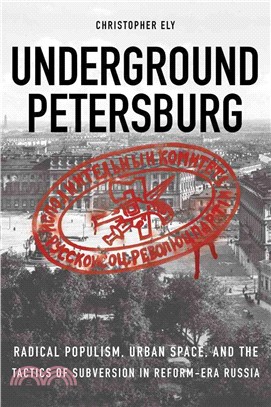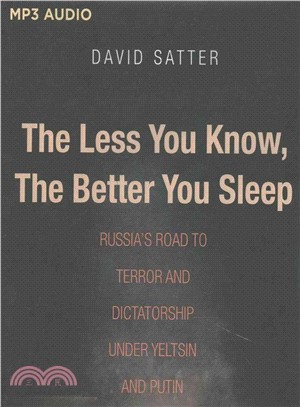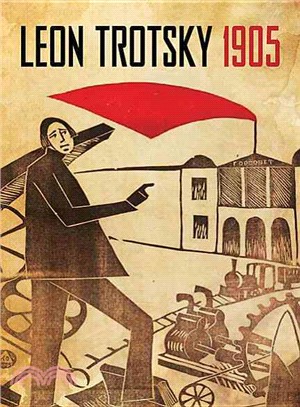共
2902 筆
第19 / 73 頁
優惠價:9
513
無庫存
若需訂購本書,請電洽客服 02-25006600[分機130、131]。
優惠價:9
1813
無庫存
優惠價:1
1197
無庫存
優惠價:1
1197
無庫存
優惠價:1
1197
無庫存
優惠價:1
1197
無庫存
優惠價:79
434
無庫存
優惠價:1
1140
無庫存
若需訂購本書,請電洽客服 02-25006600[分機130、131]。
優惠價:1
3770
無庫存
若需訂購本書,請電洽客服 02-25006600[分機130、131]。
若需訂購本書,請電洽客服 02-25006600[分機130、131]。
若需訂購本書,請電洽客服 02-25006600[分機130、131]。
優惠價:9
2736
無庫存
優惠價:79
1051
無庫存
優惠價:1
753
無庫存
優惠價:1
3190
無庫存
出版日:2016/11/17
作者:Johan Callmer (EDT);
Ingrid Gustin (EDT);
Mats Roslund (EDT)
出版社:Brill Academic Pub
裝訂:精裝
若需訂購本書,請電洽客服 02-25006600[分機130、131]。
出版日:2016/11/16
作者:Juliane F?毗t (EDT);
Josie Mclellan (EDT);
Maria-alina Asavei (CON);
Irina Costache (CON);
Madigan Andrea Fichter (CON)
出版社:Lexington Books
裝訂:精裝
若需訂購本書,請電洽客服 02-25006600[分機130、131]。
優惠價:1
1857
無庫存
優惠價:1
3777
無庫存
優惠價:1
2999
無庫存
優惠價:1
3899
無庫存
優惠價:1
3770
無庫存
優惠價:79
540
無庫存
優惠價:1
3000
無庫存
優惠價:1
2157
無庫存
優惠價:9
3509
無庫存
優惠價:9
1565
庫存:1
優惠價:1
2697
無庫存
優惠價:9
2159
無庫存
若需訂購本書,請電洽客服 02-25006600[分機130、131]。
優惠價:1
450
無庫存
絕版無法訂購
優惠價:1
853
無庫存
若需訂購本書,請電洽客服 02-25006600[分機130、131]。
出版日:2016/10/17
作者:Michael S. Flier (EDT);
Andrea Graziosi (EDT);
Lubomyr A. Hajda (EDT)
出版社:Harvard Ukrainian
裝訂:平裝
優惠價:1
1797
無庫存




